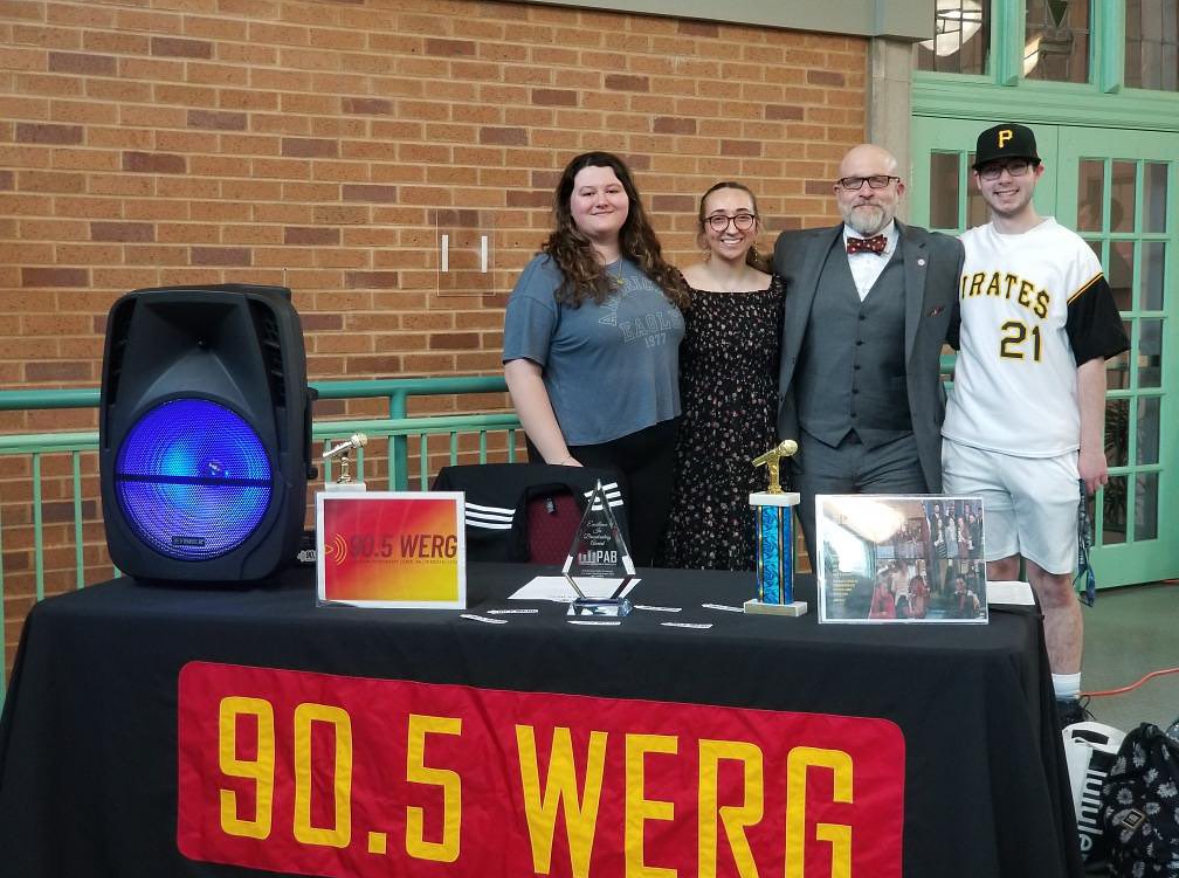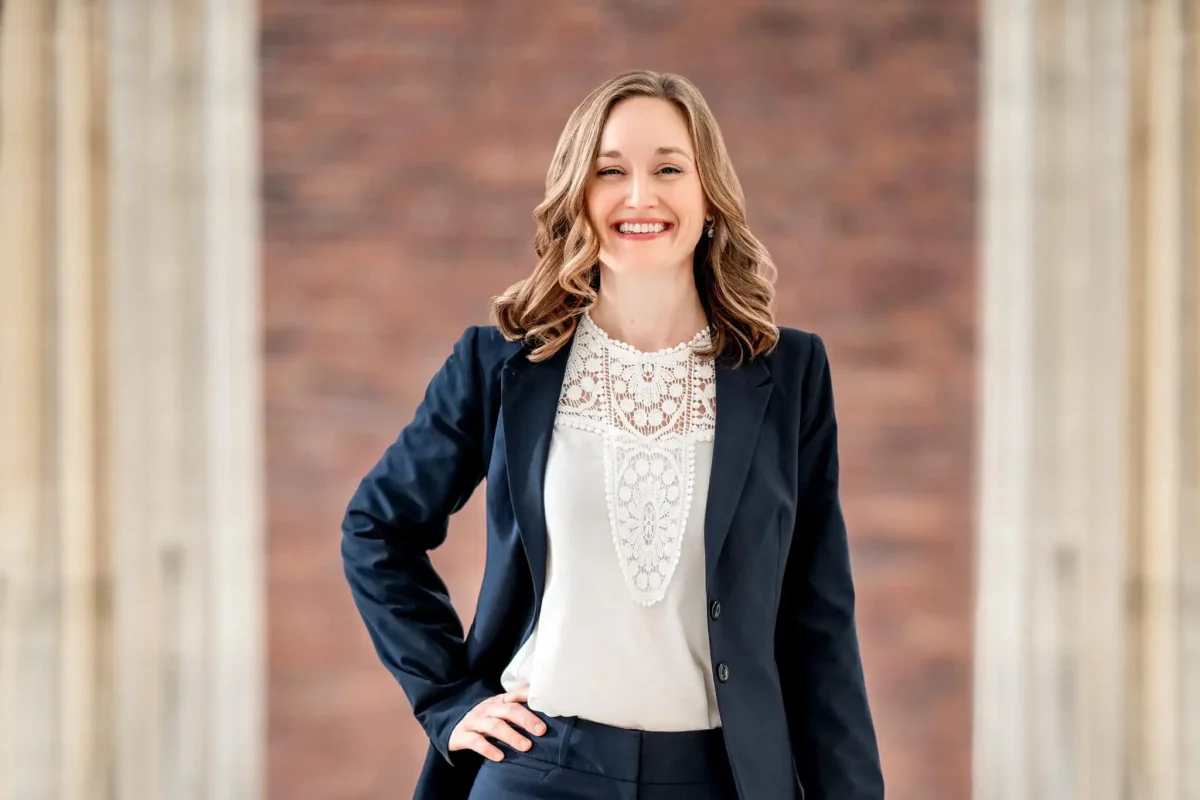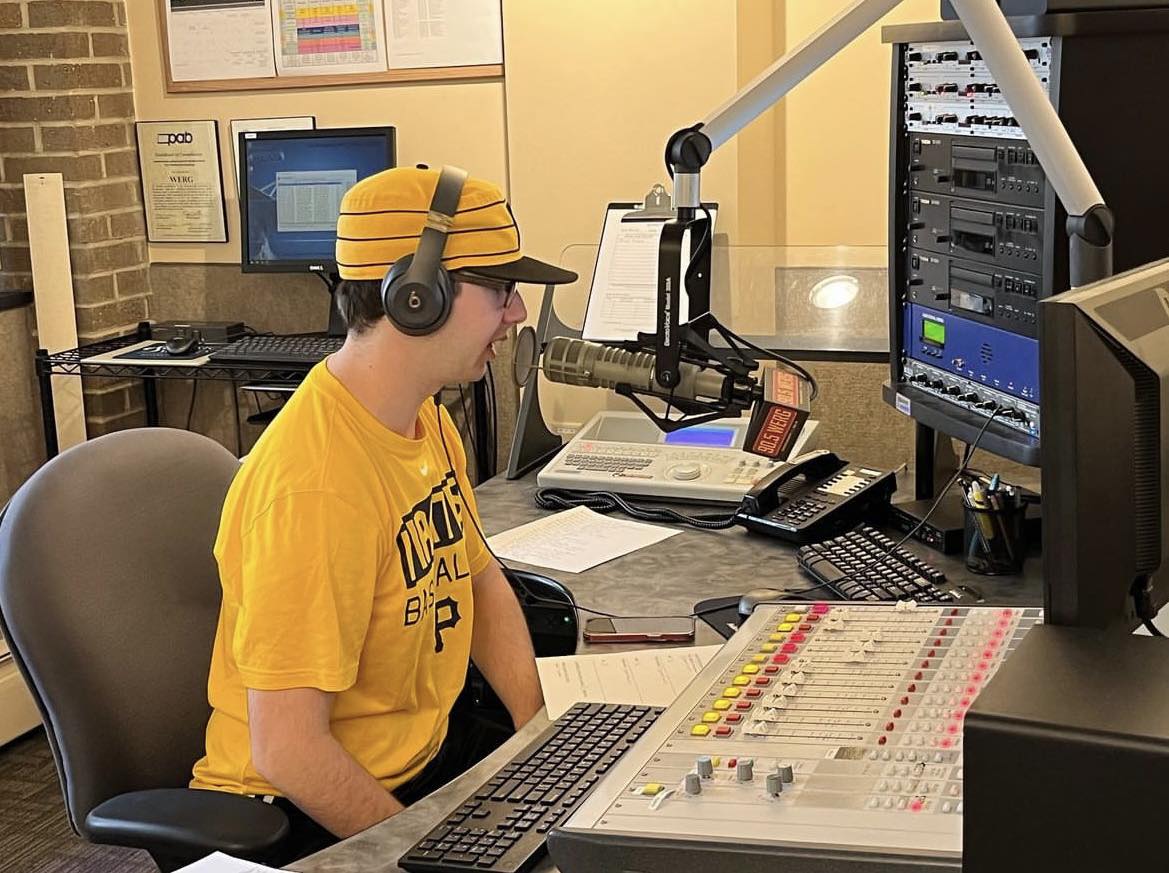With advising day just around the corner, it is time to look at the classes available for next semester. Some of these classes are new, and some are just outside the box of the regular curriculum, giving students a chance to expand their academic experience.
One of the classes offered will be History of Global Fashion (HIST 392), taught by John Vohlidka Ph.D., an assistant professor in the history program.
Over the years, Vohlidka noticed some students had hopes of joining the fashion industry, but Gannon does not offer much to prepare them for that. By starting with a book about French King Louis XIV’s impact on the history of fashion, Vohlidka built the course from the bottom up.
“Fashion is an interesting subject as it is about people, and people are what history is all about,” Vohlidka said. “This course is all about giving students an understanding of fashion’s connection to society in a historical context, giving some students a little something that they can add to their resumes.”
Topics covered include fashion’s impact on history, history’s influence on fashion, how people dressed and presented themselves in the past, having an understanding who the great “movers” of fashion were (Coco Chanel, Alexander Wang, etc.) and discussions about the New York fashion show and Academy Awards outfits.
Vohlidka also teaches Comics and Culture (HIST 290), which examines comics (pertaining to both comic books and comic strips) in their intellectual, social, political and cultural context.
Both of these courses are supposed to help students develop skills for historical analysis in broader contexts.
Another course will be Wild Spaces: Alternative Governance (POLI 392), taught by Diane Chido, an adjunct lecturer in the political science program.
“Often people will use the incorrect term, “ungoverned spaces” to connote anarchic places where there seems to be no government,” Chido said. “This is a misnomer because wherever there are people, there will arise some form of governance, although it may or may not look like what we call ‘government.’”
This course covers all the places that arise from the legitimized government’s inability or unwillingness to assert its authority, whether it be in the rugged mountains or just far from the capital.
“This can even happen in parts of large cities where law enforcement fears to tread,” Chido said. “In all of these cases, some form of governance ensures basic security and that people can get the goods and services they need to survive. These are the strange and fascinating places where people ‘live on the edge’ either under governance they accept due to affinities, such as shared ethnicity or religion, effective leadership, coercion or other reason.”
Alternative governance structures explored could include the Amish, ISIS, a drug gang or even a Chicago housing project, for example.
During the class, students will choose a structure to study for the semester and learn how those structures have changed throughout history. Then they will evaluate their legitimacy and governance capabilities.
For those students interested in theology, the Rev. Shane Mathew, a lecturer in the theology program, will be teaching Theology and Cyberspace (LTHE 353). The course will look at the moral and ethical dimensions of digital technologies between people and the external world through the lens of Christian theological tradition.
Tiggy McLaughlin Ph.D., an adjunct lecturer in the history and theology programs, will offer Ancient Christianity (LTHE 377), which explores the origins of Christianity and its development throughout the western Mediterranean. Central themes include the various early Christian traditions, theological controversy and the effects of changes in intellectual trends on ordinary people.
Dystopian Literature (ENGL 390), taught by Laura Rutland Ph.D., an associate professor and chairman of the English program, looks at dystopian short stories and novels, as well as films.
“Dystopia means ‘bad place,’ and with recent series like ‘The Hunger Games,’ dystopian literature is pretty popular with young adults,” Rutland said. “I hope to have a combination of classic dystopian texts and more contemporary pieces, with the opportunity to look at different kinds of dystopias: political, environmental, technological and so on.”
Discussions will also include the connection between dystopia and the related ideas of utopia and post-apocalyptic literature.
Although an upper-division English course, a variety of majors can take this class.
Most courses can be found in the course catalog on GUXpress.
CHLOE FORBES
[email protected]







